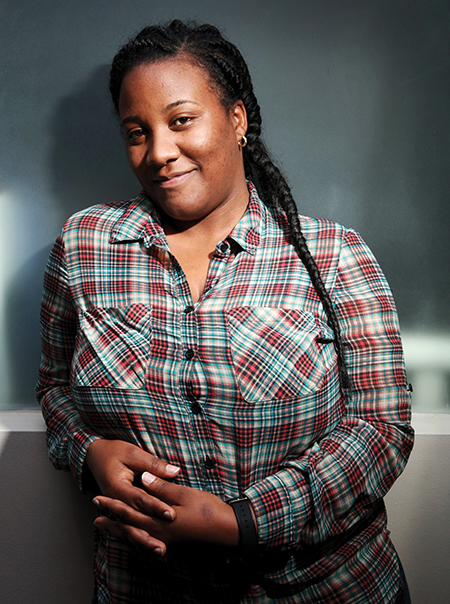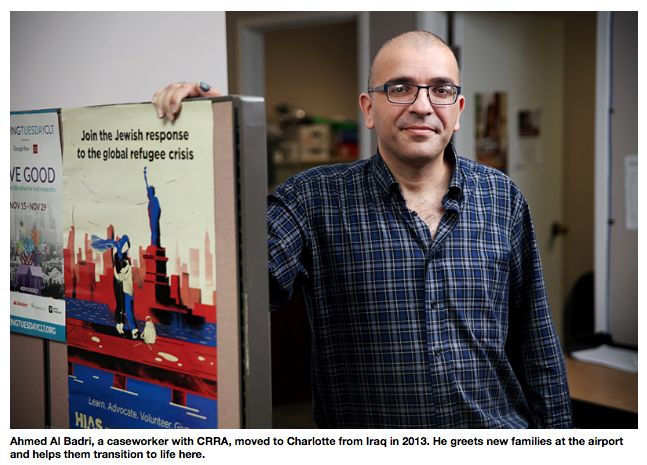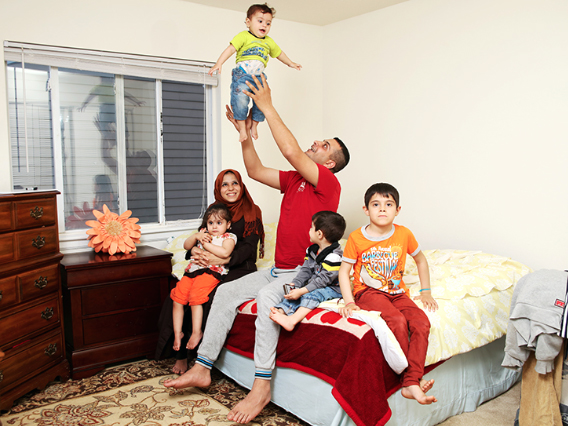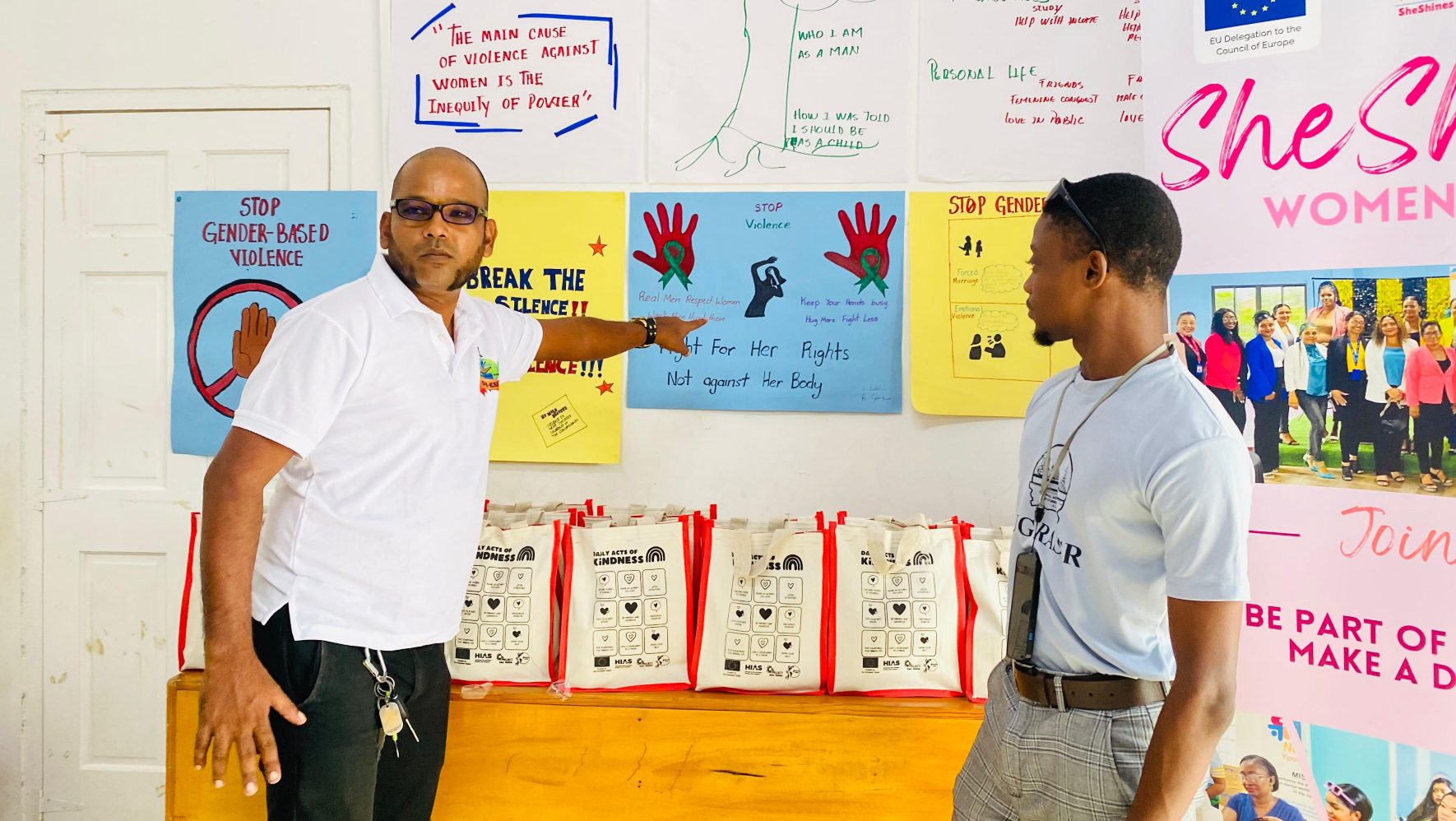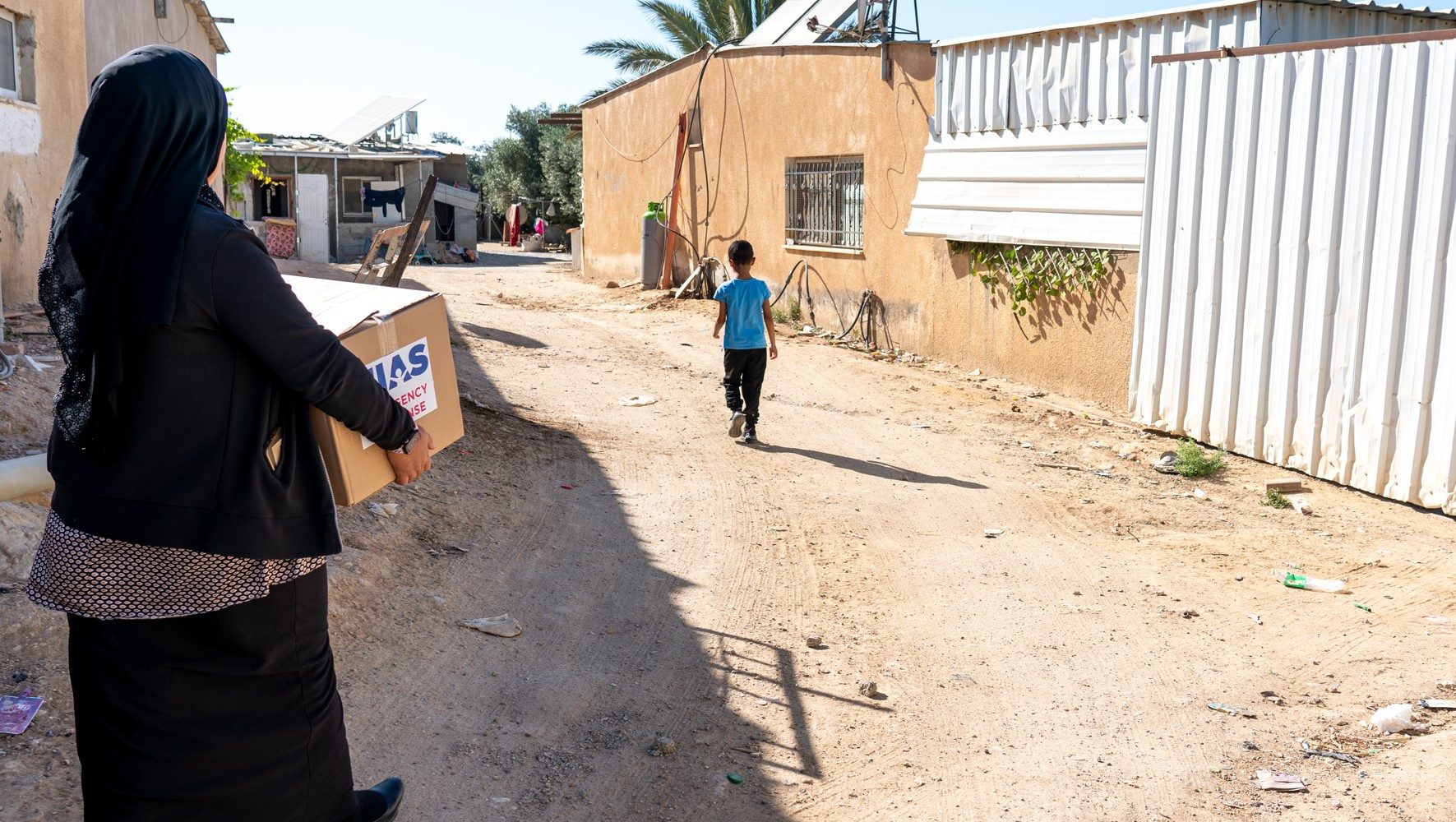A Refugee Family's Journey to Charlotte
Jun 16, 2017
[[{"fid":"3185","view_mode":"default","fields":{"format":"default","field_file_image_alt_text[und][0][value]":false,"field_file_image_title_text[und][0][value]":false},"type":"media","field_deltas":{"1":{"format":"default","field_file_image_alt_text[und][0][value]":false,"field_file_image_title_text[und][0][value]":false}},"attributes":{"style":"height: 508px; width: 400px; margin-left: 5px; margin-right: 5px; float: right;","class":"media-element file-default","data-delta":"1"}}]]The power of refugee resettlement not only to save lives, but to keep families together, is especially poignant with Father’s Day approaching.
Charlotte Magazine recently published a feature story about a Syrian family who finally found refuge in the United States after a four-year ordeal. The happy ending to a challenging chapter in their life was imperiled by the first executive order, which halted travel from seven Muslim-majority countries and suspended the refugee admissions program.
Osama, a father of four, and his family, were some of the many individuals whose lives were thrown into chaos by the ban. As Jen Tota McGivney writes in The Last Plane to America: A Refugee Family's Journey to Charlotte:
“Osama and his family sat in the airport in Jordan on January 30, unable to board their flight and unsure what would happen next. They took a bus to reunite with his parents, and Osama went to his old boss to plead for his job back. But on February 4, he received a call: The executive order had been temporarily lifted, allowing Syrian refugees a window to enter the United States. No one knew how long the window would remain open. Would Osama and his family be able to fly out the next day?
He and his parents exchanged a second good-bye, then his family took the long flight to the U.S. Ahmed Al Badri, a CRRA caseworker, picked up the family at the Charlotte airport late in the night of February 6.
Shortly after they left the airport, Al Badri looked back to see the entire family asleep in the van, exhausted by the journey that had lasted 22 hours—or nearly four years, more accurately, since they left their home in Baba Amr searching for a safe place to live.
…[Osama’s] focus, however, is not on hardship but gratitude. He wants to share what it was like to come here and find so many former refugees willing to help his family.
“This is the awesome thing in life. That you can move to a new country and have new friends,” he says. “I should not ask for more.”
Carolina Refugee Resettlement Agency, HIAS’ local partner in Charlotte, North Carolina, is the agency helping Osama and his family restart their lives, now that they have finally made it to safety here in the United States. In addition to preparing their new home and greeting them at the airport, CRRA’s staff will be the ones who introduce this new family to the ins and outs of American life: everything from paperwork, to doctors’ visits, to getting the kids enrolled in school.
Gabriella Ndawula, a case worker at CRRA, knows something about the process. As the story notes, by the time her family was admitted to the U.S., “Ndawula had been a refugee for nine years. She walked out of Congo at 12. She flew into Charlotte at 21.”
Ndawula told Charlotte Magazine why she loves her work at CRRA: “They look at me and they say, ‘She did this—that means we can do it.’”
